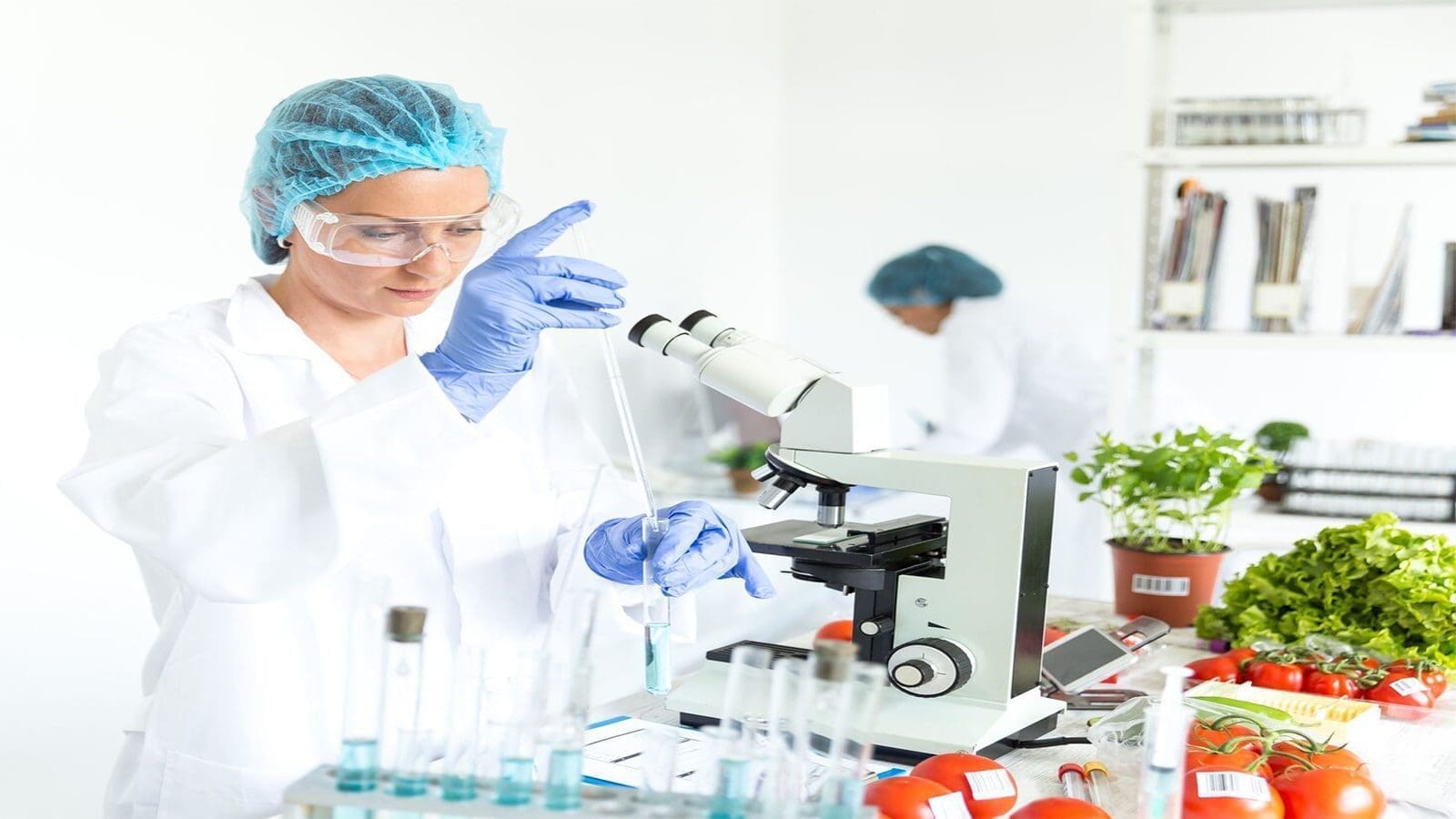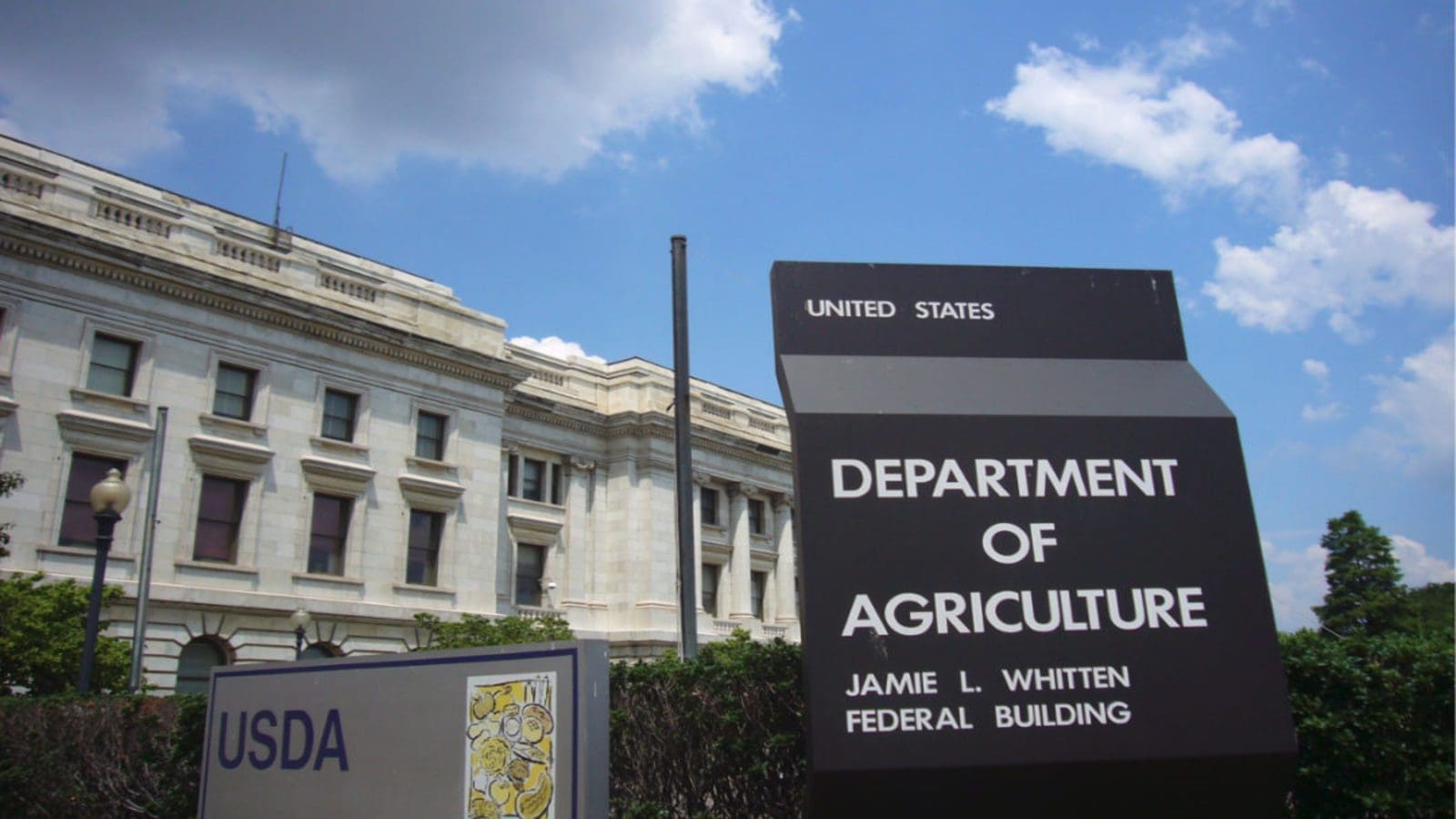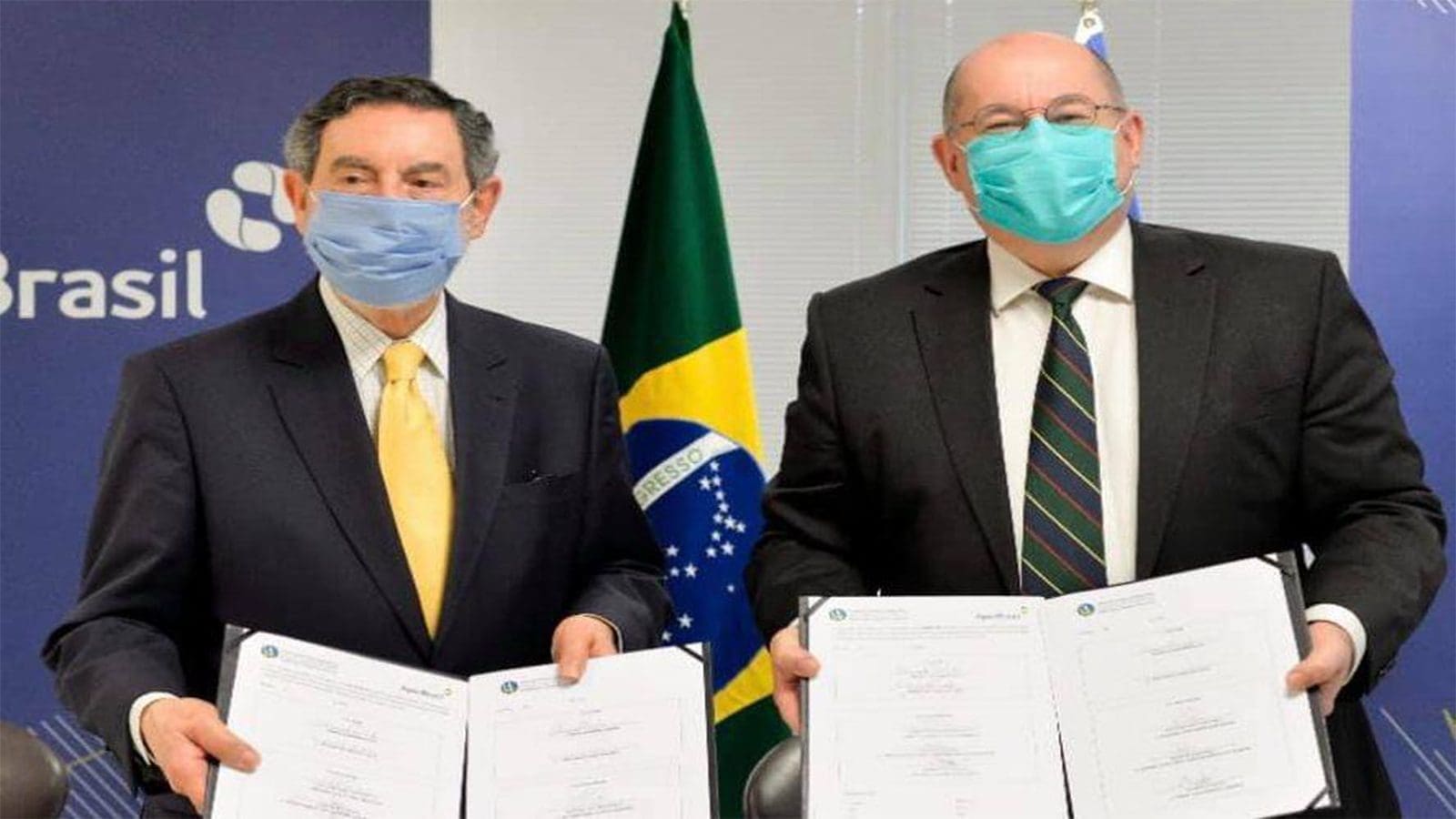UK – In order to improve the detection and tracking of foodborne human pathogens and antimicrobial resistance (AMR), from farm to fork, the UK Food Standards Agency (FSA) has launched the Pathogen Surveillance in Agriculture, Food, and Environment (PATH-SAFE) program.
This £19.2 million (US$23.3 million) research program aims to create a national surveillance network using sequencing technology and environmental sampling.
A new data platform, which will be the brain of the network, will enable the study and exchange of pathogen sequencing and source data that have been gathered from various sites around the UK by government agencies and public groups.
The single system will facilitate rapid detection and monitoring of AMR and foodborne diseases.
The program is made up of four core workstreams (WS) within which over 30 projects are underway.
WS1 focuses on the development of a national foodborne disease genomic data platform, WS2 focuses on new surveillance approaches for major foodborne illnesses and associated AMR in agri-food settings, WS3 focuses on rapid, in-field diagnostic technologies, and WS4 focuses on AMR in the environment.
By the utilization of Communities of Interest (COIs), PATH-SAFE also hopes to establish regular connections between its more than 40 partners to enhance the monitoring and eradication of foodborne infections.
Described as networks of peer stakeholders that share the same interests, skills, and understanding of best practices, COIs were created by the FSA to encourage knowledge-sharing.
The emphasis areas, size, mode and frequency of communication, goals, and engagement guidelines are all independently determined by COIs.
FSA has identified work areas of PATH-SAFE that would benefit from dedicated COIs, such as Wastewater for foodborne diseases and AMR Surveillance (WaFAS), Bioinformatics and analysis, Lab work, River catchments, Data interpretation, and Stakeholder, policy, and public health utility.
The Food Standards Scotland (FSS), the Center for Environment Fisheries and Aquaculture Science, the UK Veterinary Medicines Directorate, the UK Department for Environment, Food, and Rural Affairs, Queens University Belfast, and Bangor University are all represented on the WaFAS COI, which has already been established.
The COI meets bimonthly and had its inaugural meeting in October 2022, where the technical leads presented their work to date, agreed on the scope and terms of reference, and planned next steps. In subsequent meetings, the community has come together to discuss assay development, isolate numbers per sample taken, isolate diversity per sample, strain replacement, and data access.
Members of the community have freely given their knowledge to solve problems, offer guidance, and present chances to raise awareness of the work being done by the program and the wider government.
Beginning with a presentation by Adriana Vallejo-Trujillo, Ph.D., on the use of whole genome sequencing (WGS) to comprehend AMR among Escherichia coli in Scotland, the second COI on bioinformatics and analysis is scheduled to be launched in March 2023.
Bioinformatician Dr. Vallejo-Trujillo has worked on the curation and genomic analysis of WGS data for more than 1,700 E. coli genomes gathered from various animals and humans. She is a post-doctoral research fellow with the PATH-SAFE Scotland pilot project and the Roslin Institute.
Her study will now move on to analyze some 3,500 genomes, some of which came from outside sources. When she is through, the data she has obtained will represent the largest and most complete collection of E. coli genomes utilizing a One Health approach in Scotland and the UK.
For all the latest food safety news from Africa and the World, subscribe to our NEWSLETTER, follow us on Twitter and LinkedIn, like us on Facebook and subscribe to our YouTube channel.








